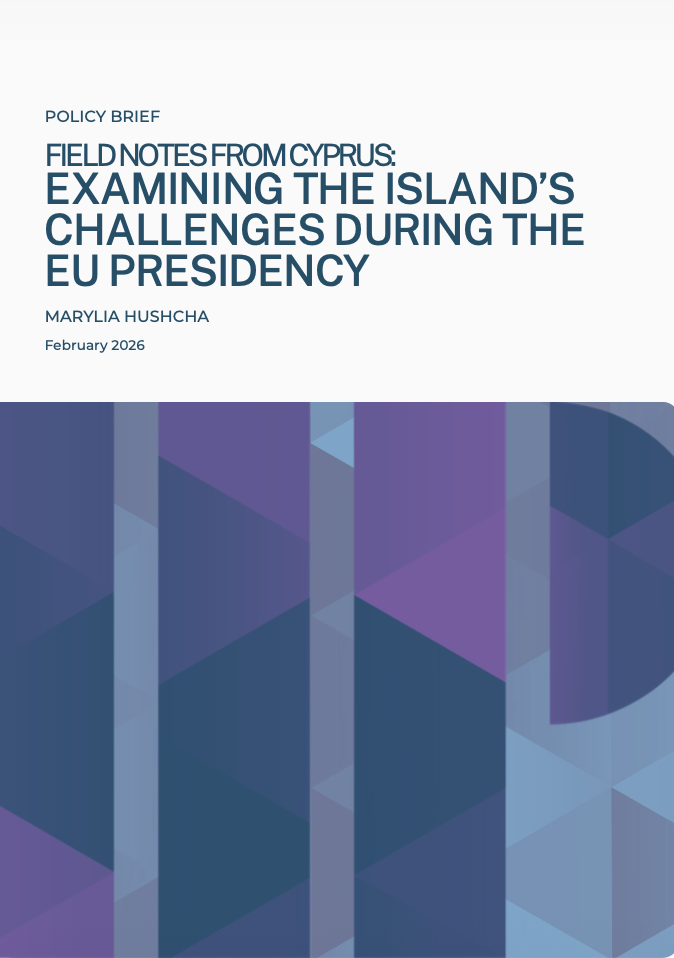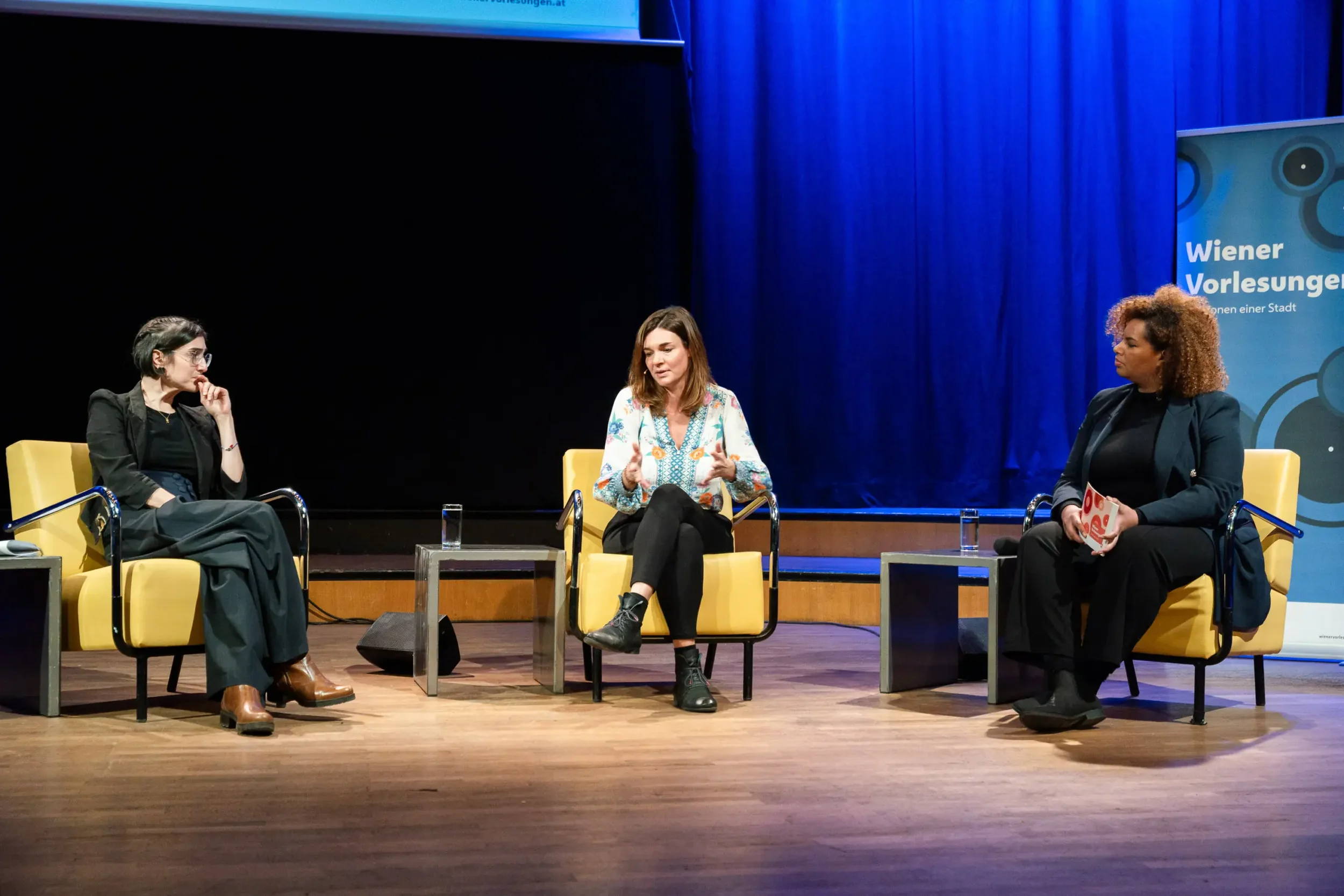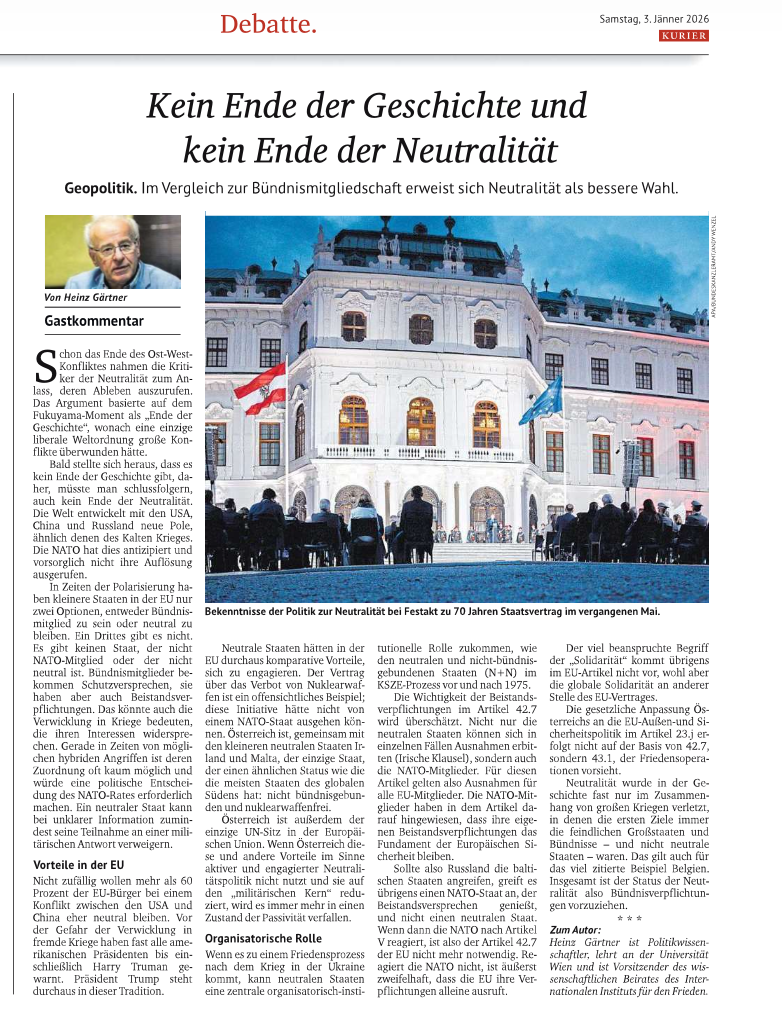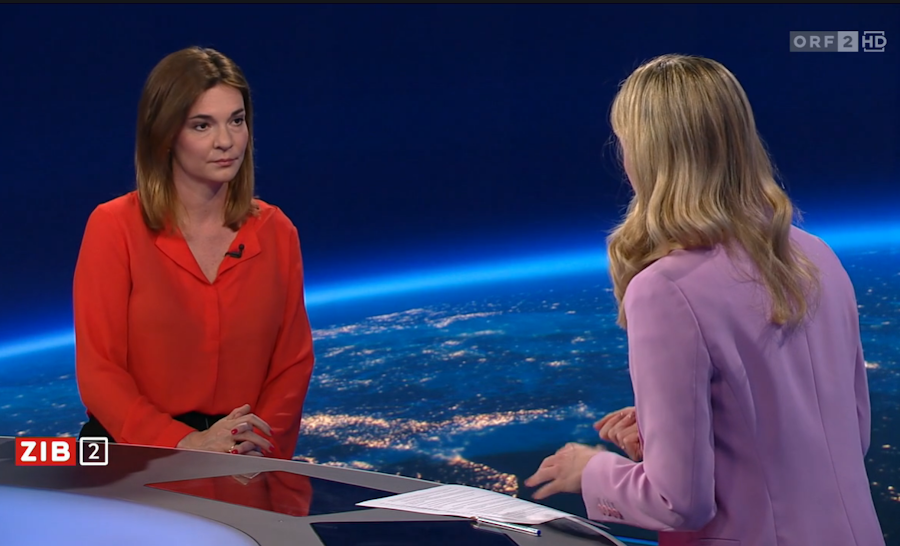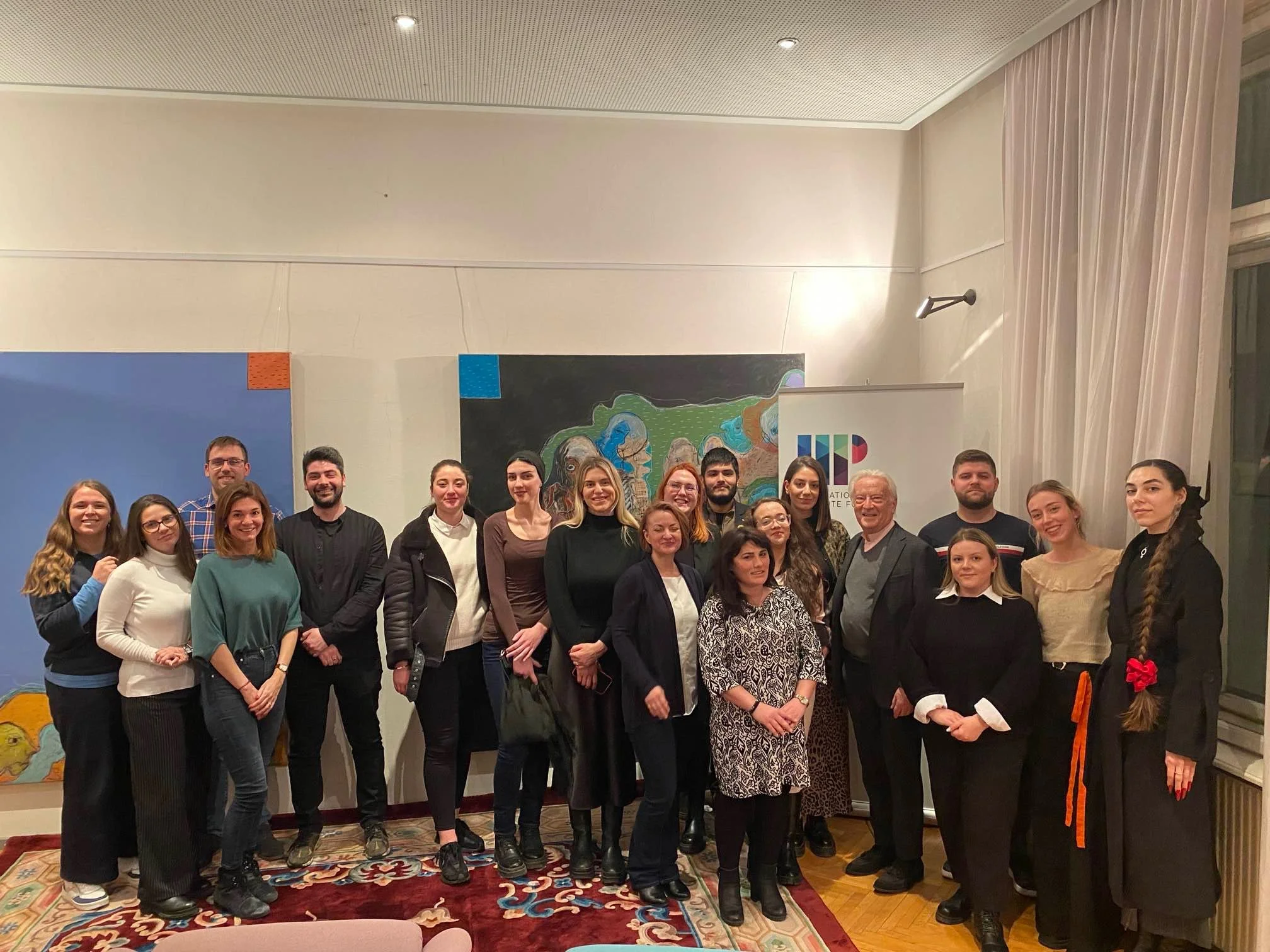The International Institute for Peace (IIP) conducted a field trip to Cyprus in June 2025 with the aim of gaining first-hand insight into the current status of the Cyprus problem and its broader interconnections with other geopolitical issues in the Eastern Mediterranean—all in the lead-up to Cyprus's EU presidency.
Wiener Vorlesung: Ausdauer - die DNA der Demokratie am 27.1.2026
Kein Ende der Geschichte und kein Ende der Neutralität
In the media: „Democracies Under Threat — From Military Defence to Democratic Resilience“
Belgrade Security Conference 2025
From 17 to 19 November, the IIP participated in the Belgrade Security Conference, organized by the Belgrade Centre for Security Policy (BCSP), bringing together policymakers, journalists, scholars, and civil society actors to explore the region’s most pressing political and security challenges. Through panels, workshops, and youth-led sessions, the conference examined issues ranging from democratic renewal and regional stability to transatlantic relations and the future of EU enlargement.
IIP Project Assistant Gjergj Loka played a central role in two key sessions. The first, “On the Frontlines of Freedom: Youth Shaping the Western Balkans’ Future,” highlighted the voices of young people from across the region, fostering open discussions on identity, political agency, and their role in building a more democratic and peaceful future. The second, “Youth and Security: Between Perception and Reality,” explored how youth understand today’s security challenges, how their perceptions differ from broader public attitudes, and what this means for strengthening trust, stability, and institutional cooperation.
The conference reinforced the critical importance of engaging youth as active participants in democracy and security, demonstrating that empowering the next generation is essential to regional resilience and stability.
Bedeutung multilateraler Strukturen für vertrauensbildende Maßnahmen Implikationen der KI-Entwicklung auf Vertrauen und Sicherheit
IIP Advisory Board Meeting 2025
Today, the IIP held its Advisory Board meeting, centering on the assessments of Donald Trump’s second term and its global implications. Chair Heinz Gärtner, President Hannes Swoboda, and Director Stephanie Fenkart opened the session with institutional updates before handing the floor over to Advisory Board members for a dynamic exchange of insights.
Zum Gedenken an Erwin Lanc – Ein Vermächtnis des Friedens / In Memory of Erwin Lanc – A Legacy of Peace
Mit großem Bedauern und tiefer Trauer nehmen wir Abschied von Erwin Lanc, der am 29. März 2025 im Alter von 94 Jahren verstorben ist. Erwin Lanc war von 1989 bis 2008 Präsident des Internationalen Instituts für den Frieden (IIP) und bis zu seinem Tod Ehrenpräsident – eine Rolle, die er mit unermüdlichem Einsatz und einem einzigartigen Engagement ausfüllte.


